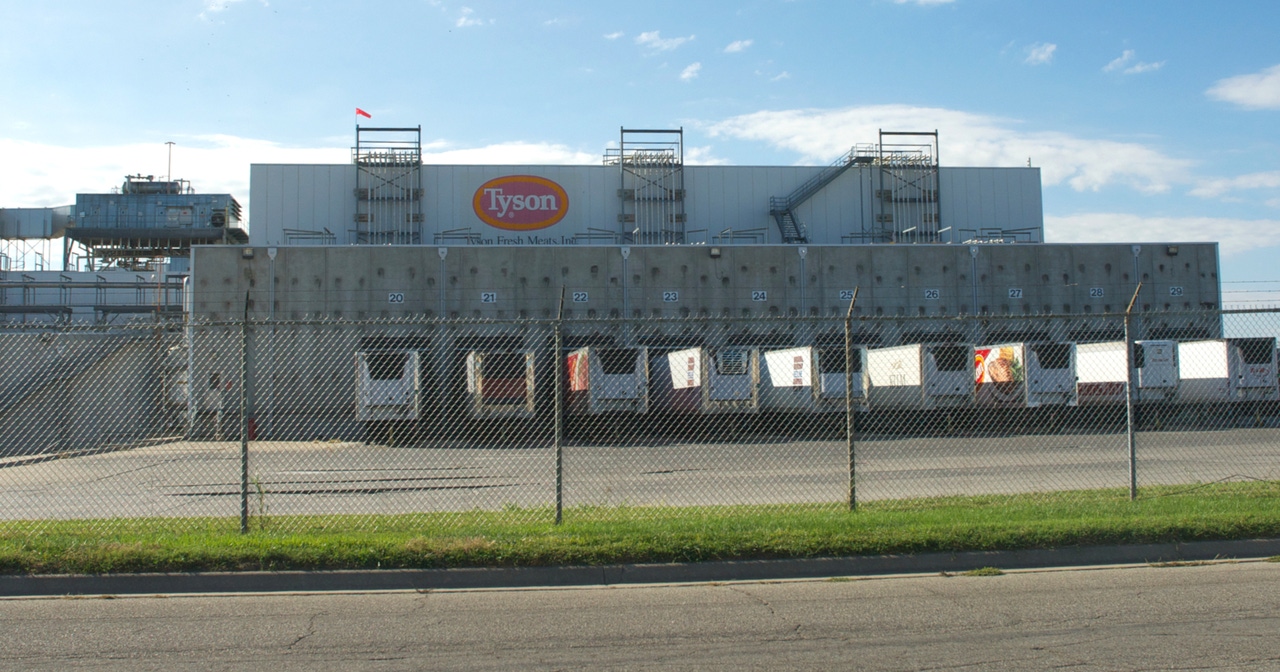No Playing Chicken on Pricing: Tyson Talks InflationNo Playing Chicken on Pricing: Tyson Talks Inflation
'The levers are pricing,' Tyson Foods' COO says, as the company contends with rising costs, labor challenges. Higher costs for logistics and raw materials, as well as a challenging labor environment, create major headwinds for the second half of the fiscal year, the company says.

Tyson Foods is passing the cluck. Amid significant inflationary pressures and a "challenging labor environment," the Springdale, Ark.-based protein producer is in talks with its customers about the need to revisit pricing to help offset rising costs.
"The levers [right now] are price," Tyson Foods Chief Operating Officer and Poultry Group President Donnie King said in a Q&A with investors and analysts following the release of the company's second-quarter earnings. "We certainly can't eat all the inflation that we're experiencing now," with costs climbing for feed, raw materials, packaging, freight and labor.
Overall, it was a solid quarter for Tyson, with the company reporting adjusted earnings per share of $1.34 for the second fiscal quarter of 2021, up 68% from the year-ago period and topping the Zacks Consensus Estimate of $1.11 per share.
But King and Tyson President and CEO Dean Banks didn't shy away from discussing the cost pressures the company has faced so far in 2021 and those it foresees for the rest of the year.
"We’re seeing substantial inflation across our supply chain, which will likely create margin pressure during the back half of the year," Banks said in the company's official earnings release.
Tyson cited higher feed and raw-material costs, COVID-19-related expenses, disruptions from February's severe winter weather, and production inefficiencies—partly related to labor turnover and absenteeism, according to King—as leading challenges to sales and production so far in fiscal 2021.
Looking ahead, inflation may put a squeeze on prepared foods in particular, even as demand for these convenience-oriented offerings remains high at retail and shows improvement within foodservice, the company indicated. Raw material costs are up more than 15%, with logistics, packaging and labor costs also on the rise, King noted in the company's earnings presentation, according to a Refinitiv transcript.
For the second half of 2021, the company will look to pricing, revenue management and commercial spend optimization to help beat back inflation pressures. "We've been having nonstop conversations with all of our customers around the inflationary need for pricing, and they have been very responsive," King said.
For the second quarter, Tyson generated more than $1.3 billion in operating cash flow and posted adjusted operating income of $739 million, up 43% from the prior year, according to a company news release. Operating income increased for beef and prepared foods for both the second quarter and first six months of fiscal 2021, while it decreased for pork and chicken.
Within the chicken segment, sales were up 5% to $3.6 billion in the second quarter, while overall volumes were down. Price improvement in chicken for the quarter, King said, "reflects actions that we have taken to cover the inflationary pressure we have experienced from higher grain, labor and freight cost." Still, thanks to its already-locked-in annual contracts, Tyson's moves to counteract inflation didn't fully cover the higher costs the company saw, he noted.
In the company's official statement, Banks said the company had delivered "a very strong performance in a complex operating environment." Beef and prepared foods were outperformers, the company stated, reflecting heightened consumer interest in both categories in the past year as consumers ate more meals at home.
Despite upward pressure on pricing, Banks expressed optimism about the company's long-term outlook, thanks in part to healthy global demand. "Our long-term outlook is bright as global protein consumption continues to grow, and we expect our investments in capacity expansion, product innovation and technology to create sustainable shareholder value," he stated.
About the Author
You May Also Like






